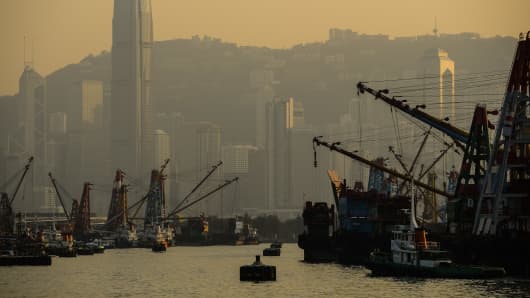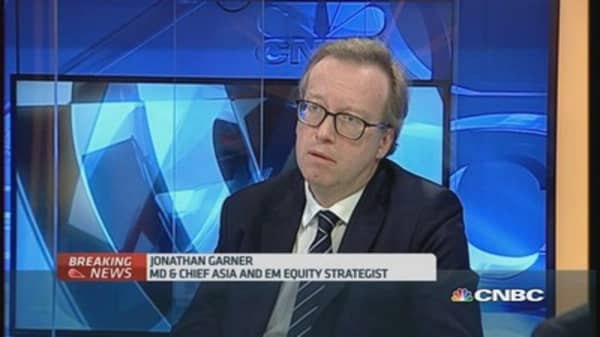China's leaders have pledged to contain the air-choking pollution churned out by the booming economy's cars, factories and power plants.
But much of the foul air generated by its heavily export-driven economy is coming from a widely overlooked and virtually unregulated source: The ships carrying those exports to market.
Read MoreWhy more Chinese stimulus may not be in the cards
With some 30 percent of the world's container volume, China's ports are a major source of soot and sulfur dioxide—among the worst air pollutants generated by burning diesel fuels, according to a report published Wednesday by the Natural Defense Resources Council .
"These emissions are known to cause cancer and are associated with a wide range of respiratory and cardiovascular illnesses," said the report.





